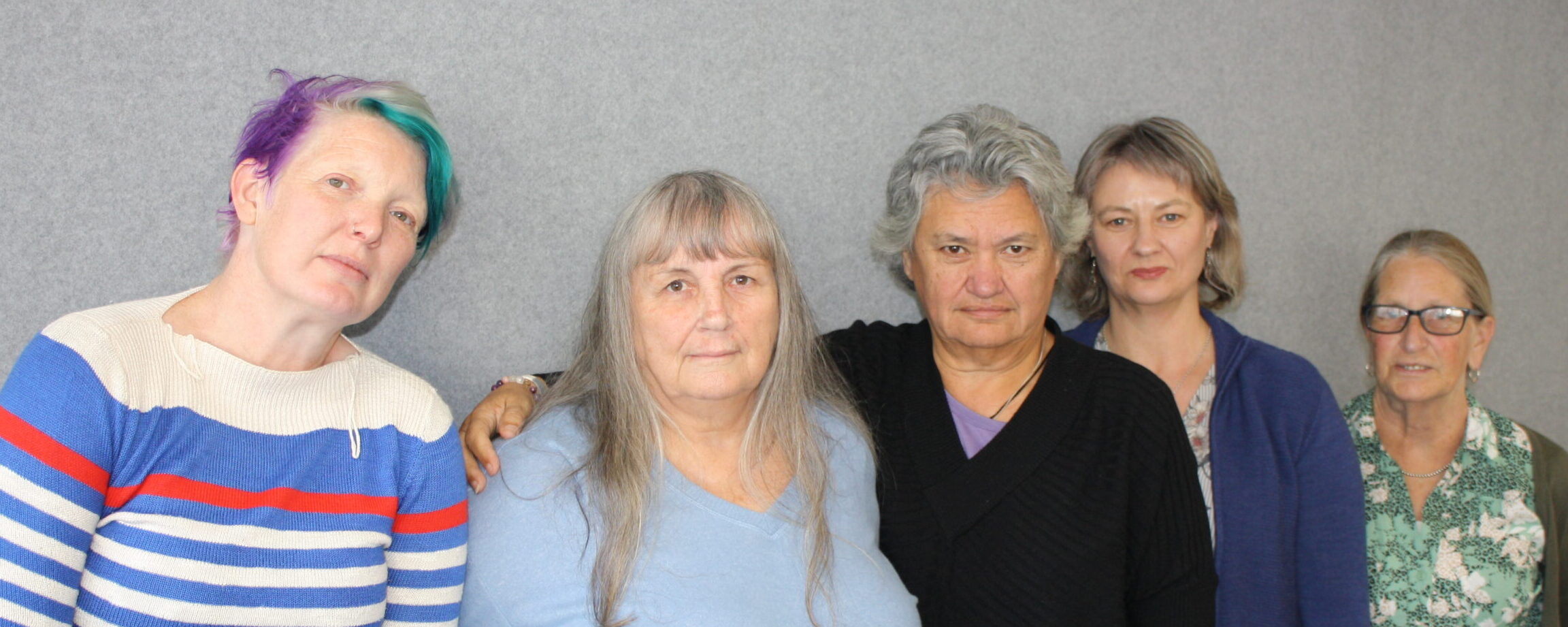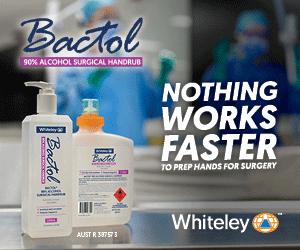
“We’ve never seen it this bad,” said mental health nurses section chair Helen Garrick, who is calling for better mental health training for all nurses and a national action plan on violence.
Nurses around Aotearoa are dealing with “daily” assaults — from having things thrown at them to being punched or scalded by hot liquids, she said.
‘They don’t want to work in an inpatient unit and be thumped – it’s as simple as that.’
One Auckland nurse hasn’t returned to work in five months after being punched in the head repeatedly until she lost consciousness after asking a patient not to vape.
A “vacuum” of experienced nurses meant staff often lacked de-escalation skills and the ability to spot patient cues, said Garrick, who would like to see more mental health skills taught as part of undergraduate nursing training and/or a return to specialised mental health nurse training.

A national action plan on reducing violence would also help attract and retain nurses into mental health, she said.
Dunedin’s Wakari Hospital mental health ward 9A was cutting beds as it had only 50 per cent of the staff needed to run at full capacity — this was “unacceptable” Garrick said.
There was also an “absolute crisis” brewing at Southland Hospital, where community nurses had been called in to plug gaps, leaving communities unattended.
‘Oh, you’re not like real nurses, all you do is sit around and have a cup of tea.’
Loss of experience
Garrick said ageing mental health nurses often chose to leave mental health or the nursing profession, or move into telehealth, as she had, “because they don’t want to work in an inpatient unit and be thumped – it’s as simple as that”.
One Auckland inpatient mental health nurse of 29 years said new grads were being thrown in the deep end as senior shift coordinators, with little guidance from senior nurses — who simply weren’t there.
“There are ones like me getting up to retirement age, but there’ve not been a lot who have come in, in between. So basically you’ve got that lot getting close to the timer but not the generation in between.”
In the 1990s, there were “lots of senior staffers around, they were always there, and you looked to them for guidance.”

Another experienced nurse said many chose to leave the wards for community mental health nursing in their mid-career in their 30s, 40s or 50s for better work-life balance without the shift-work — or just for a change.
Garrick said to keep experienced nurses in acute settings — or even just in mental health — more “respect” and safer workplaces were needed.
“Things like ensuring the health and safety of staff is looked after — if you’re not providing a safe working environment, you’re less likely to retain staff.”
As well as a good skill mix, it also included the physical environment — “making sure there are safe exits [for staff] and that sort of thing”.
‘Stigma’ vs rewards
Another challenge was that mental health nursing was often “looked down on” by other nurses., one member said. “The general . . . nurses were like ‘oh, you’re not like real nurses, all you do is sit around and have a cup of tea’.”
‘You tend to build a relationship with your mental health patients because they get unwell again and they come in again.’
In fact, mental health nursing could be incredibly rewarding, with the chance to build relationships and make a difference to people’s lives, the nurses said.
“When you do general nursing, your patient gets better and goes home and that’s the last you see of them,” one member told Kaitiaki. “You tend to build a relationship with your mental health patients because they get unwell again and they come in again and some of them end up like revolving door patients so you actually build that rapport with them.”
However, staffing shortages were making it hard to spend enough time with patients. “Ideally, with enough staffing, you would spend time talking to and connecting with people.”
More mental health skills needed
NZNO’s mental health nurses’ section has long pushed for better mental health nursing training to ensure all nurses graduated better equipped to deal with mental health patients.
Garrick also suggests a specialist mental health nursing programme be launched to allow direct mental health nurse entry into the workforce.
Te Whatu Ora said it would be responding in detail to all issues raised within the next few days.
Police ‘not mental health specialists’
Garrick said “dozens” of serious assault cases had been reported to police but nothing had so far been done.
In a statement to Kaitiaki, a police spokesperson said they were “committed to responding to and assisting hospital staff where complaints of assault are made”.
However, in a mental health ward, “the issue of a person’s competence to be immediately charged can complicate decision making for frontline staff, in particular for lower level assaults”.
Police also recognised they were not specialists in mental health and said, “a health-led response is preferred unless there is an immediate risk to life”.
Work was underway to set up multi-agency “co-response” teams around Aotearoa and “provide a holistic approach” to people in distress, the police statement said. Such teams were active in Wellington, Southern districts, Counties Manukau, central districts and Waitemata.
An NZNO survey last year found nearly a third of all members had experienced multiple physical assaults — but only five to eight per cent of hospital staff reported them.
New mental health laws are currently being drafted after the Government decided to repeal the 1992 Mental Health Act in favour of a more te Tiriti o Waitangi, whānau and human rights-based approach.
That followed the He Ara Oranga inquiry into mental health and addiction services in 2018.




